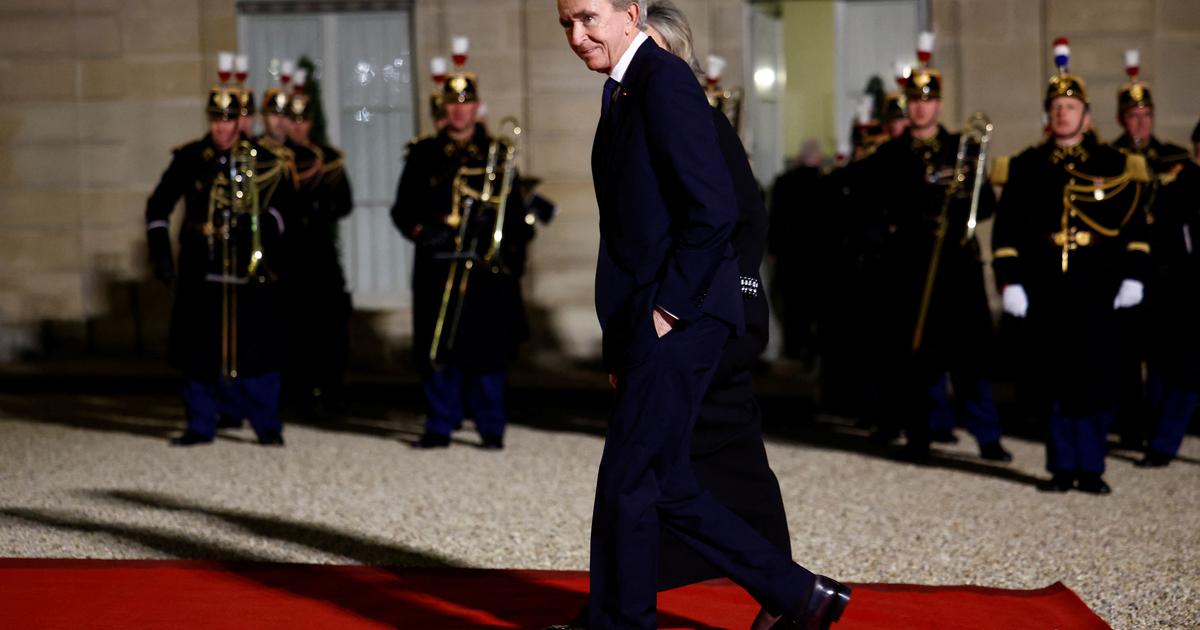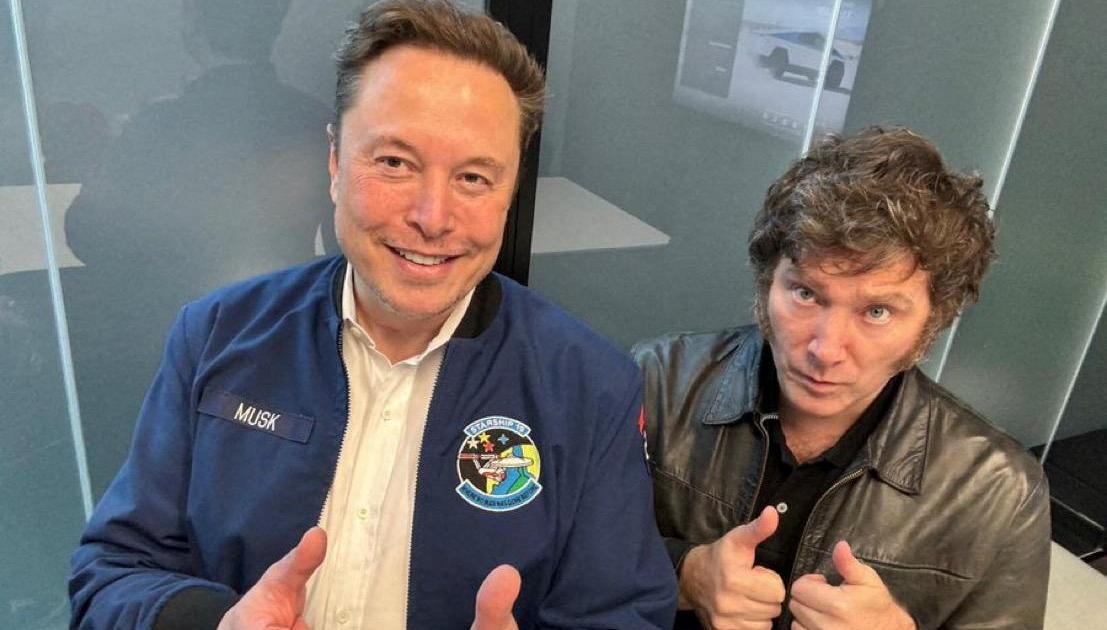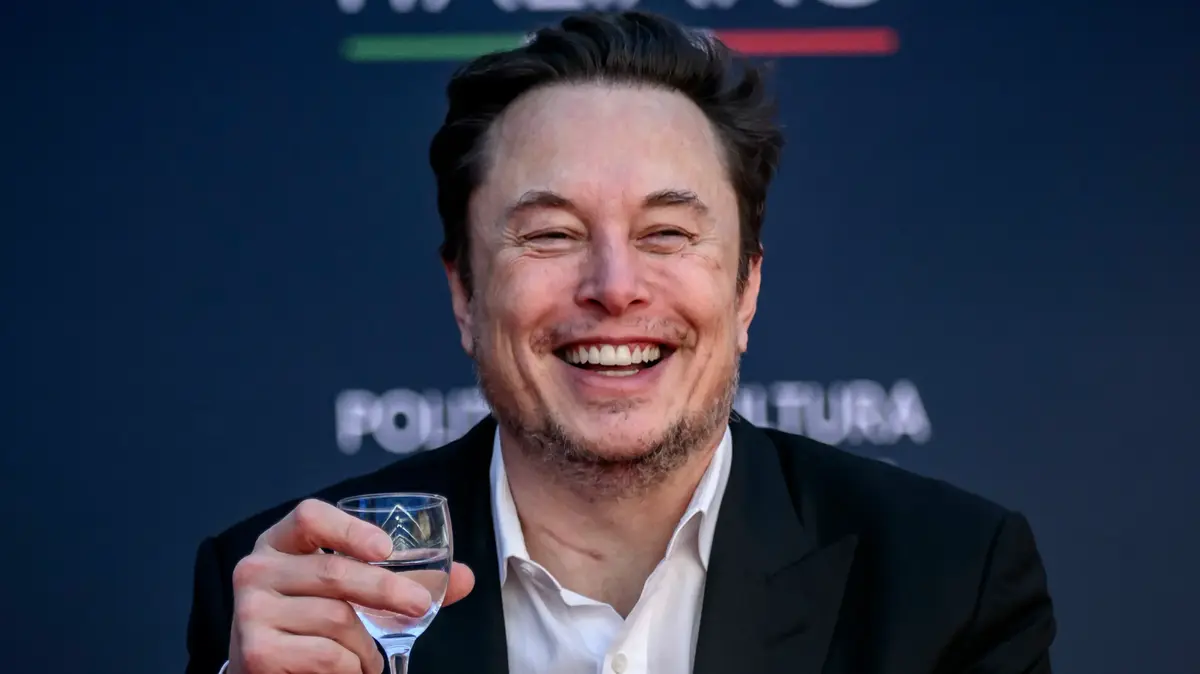column
Actually, stars in business have nothing to look for. Entrepreneurs and managers should do their job. And that means offering useful products, creating well-paid jobs, treating employees fairly, and leaving the environment in peace. There should be no room for showmen.
In fact, the Germans are not easy with local stars, at least not in the economy and in politics. For that they cheer foreign icons all the more frenetic. This week was again to observe: that Tesla CEO Elon Musk has chosen the Berlin area as a new location for the construction and development of its electric cars, was the economic news of the past week.
More at SPIEGEL +
Stars in business and politics are a common phenomenon of modern societies. Obviously, people like Musk meet needs that otherwise remain unsatisfied. That there is a trend towards personality cult - in the economy, more so in politics - is therefore not necessarily bad. Germany, however, seems to be quite immune. Do we have a star deficit?
Capitalism without capital
In a sense, the modern economy depends on stars. Because value creation is based more and more on intangible assets: on company-specific knowledge, image, organizational structures and the like. In contrast, classical capitalism was primarily concerned with the construction and expansion of physical capital: factories, buildings, roads. These assets are relatively easy to fund: they serve as collateral to banks and other creditors should a company go bankrupt. Classical physical capital can be lent and thus financed through loans.
Meanwhile, however, we are on the way to a "capitalism without capital," as the British economists Jonathan Haskel and Stian Westlake set out in their eponymous book.
Price query time:
16.11.2019, 13:52 clock
No guarantee
DISPLAY
Jonathan Haskel, Stian Westlake
Capitalism without Capital: The Rise of the Intangible Economy
Publishing company:
Princeton Univers. Press
Pages:
278
Price:
EUR 15.25
Buy from Amazon Buy from Thalia
Product information is purely editorial and independent. The so-called affiliate links above, we usually receive a commission from the dealer when buying. More information here.
And the new forms of "intangible" capital can not be financed so easily because they can not be used as collateral: a machine or a building can be resold by the bank - ideas, knowledge or company-specific software solutions only to a very limited extent.
Innovative companies therefore have a structural financing problem. It can be solved if they can convince investors to invest in equity rather than lending. If successful, such companies can become very valuable. Apple, the Google mother alphabet and now Tesla are worth much more than the physical assets that are on their balance sheets.
That Musk's e-car company is now one of the most valuable auto companies in the world, although it is so far only a lossy dwarf among profitable giants such as VW, General Motors and Toyota, can not be justified by physical assets in the balance sheet. (According to analyst calculations, the company temporarily burned $ 480,000 - per hour.) Rather, the founder has managed to promote a new business model around the car and convince a lot of investors. So Musk could put many, many billions of dollars on his gigantic bet and expand briskly, now also to Germany.
Star status pays off. Of course things can go wrong. But when things are going well, innovation leaps out of it.
Risk of fame
In its latest annual report, the German Council of Economic Experts ("Fünf Weise") concludes that Germany invests significantly less in intangible production factors than the US, France or the United Kingdom. As we see it, we are stuck in the old form of capitalism, while others are running at great speed towards the future. A few stars à la Musk would probably do us good.
Because in this figure, various problems of modern societies can be bridged. Stars channel public attention, a scarce commodity in times of hyper-mediated publics. They reduce complexity in a world that many citizens find unclear and uncertain. Complicated questions can be projected onto individuals who are emotionally involved and trusted.
These features are not only beneficial in the economy. In politics too, we have seen the rise of actors who stage themselves as stars for several years. It's not just populists like Boris Johnson and his ultra-left challenger Jeremy Corbyn (watch Tuesday 's TV duel), but also centrists like Emmanuel Macron in France or opportunists like Sebastian Kurz (who renamed the ÖVP to "Short List Sebastian Kurz") left).
Unconditionally following a star can also go awry, as these days shows to US President Donald Trump, who was also known as a reality television Persona ("The Apprentice"). Now in the Impeachment hearings new hair-raising details about his official understanding come out every day.
Trump replaced another star, Barack Obama. Democrats and other opponents of the Trump cause some frustration that there will be no new Obama among the Democratic candidates for the presidential election next year (the next pre-election TV debate will take place Thursday ).
Non-stars, quasi-stars and smoking oracles
In Germany, however, Startum is not very popular outside of sports and entertainment. Neither in the economy nor in politics, shining top figures jostle in the spotlight. Whether this is the offer (too few dazzling leaders) or the demand (skepticism of the audience) is an open question.
SAP founder Hasso Plattner would have had star potential, but holds back as a public figure. After all, former Daimler CEO Dieter Zetsche maintained a certain degree of self-staging, as did Josef Ackermann, who then had to leave Deutsche Bank without economic honors. And who still remembers Wendelin Wiedeking, Ron Summer, Jürgen Schrempp, Thomas Middelhoff - Highflyer of a bygone era.
Like the economy, German politics is more influenced by the type of honest worker than by the beaming hope. It could come to that, that Annegret Kramp-Karrenbauer and Olaf Scholz face in the next federal election campaign as a leading candidate - two emotionally strongly dimmed non-stars. Whether so much restraint would be beneficial to democracy is, however, questionable; Campaigns should eventually mobilize societies rather than euthanize them.
Sure, there are a few proto-stars in German politics, such as Robert Habeck of the Greens (who are losing support in polls again).
If you recognize stars because they have fans, then Friedrich Merz is a candidate for this role (pay attention to the CDU party day Friday and Saturday ). After all, parts of the party remained faithful to him over the long years of his abstinence from the party.
Public figures, on the other hand, who exude a certain splendor - such as Ursula von der Leyen or the new head of the ECB Christine Lagarde - have difficulties in getting over a following in this country. The Germans are still star skeptics. On the one hand, it has the advantage that there are no human beings on the political margins that reach beyond their own clientele. Bad-tempered populist hustlers (and huntresses) are not good for Startum. On the other hand, there is a lack of inspirators: (in a good sense) rousing personalities who could advance the economy and society.
After all, if you have been around long enough, you will have a chance of becoming a cult one day. Years in the public make some technocrats mature to the altstar. Wolfgang Schäuble, Angela Merkel or Sigmar Gabriel are on their way there. The role that once held Helmut Schmidt - the smoking oracle of Langenhorn - remains unoccupied for the time being.
The main economic events of the upcoming week
Monday
London - The Truth and Other Crimes - Hearing of Wikileaks founder Julian Assange in front of a London court. It is about the US extradition request, where he faces 175 years imprisonment.
Tuesday
London - How to Brexit - TV duel between Premier Johnson and Labor leader Corbyn: British voters will have a choice between a notorious liar and a left-wing dogmatist at the poll on 12 December.
Wednesday
Washington - Waiting and Enduring - Federal Reserve Interest Rate Decision: It looks like the Board of Governors will wait and see that interest rates will not go down any further, as the US economy is still running at a fairly high pace. Donald Trump will not stop that from fierce attacks on Fed chief Powell.
Thursday
Leipzig - Merkel, Merz, AKK - CDU Federal Party Congress (until Friday): The party leader Kramp-Karrenbauer under pressure, old hope Merz in offensive mode, Chancellor Angela Merkel in the half-off - one may be curious.
Frankfurt - On the situation of financial institutions - The Bundesbank presents its Financial Stability Report.
Guangzhou - Big E-Mobile Market in the World - Opening of the International Motor Show in Guangzhou (until December 1st).
Wiesbaden - Wages down - Second round of nationwide collective bargaining.
Paris - The further outlook - The OECD presents its biannual analysis "Economic Outlook".
Altanta - No New Obama - Fifth Democratic presidential candidate's televised debate for the primaries.
Friday
Stuttgart - Fear of the structural crisis - Nationwide Day of Action of the IG Metall against job cuts and savings plans in the auto and supply industry.





/cloudfront-eu-central-1.images.arcpublishing.com/prisa/MRJOPTE3T5SNTP2WIU3OFRT54U.jpg)



